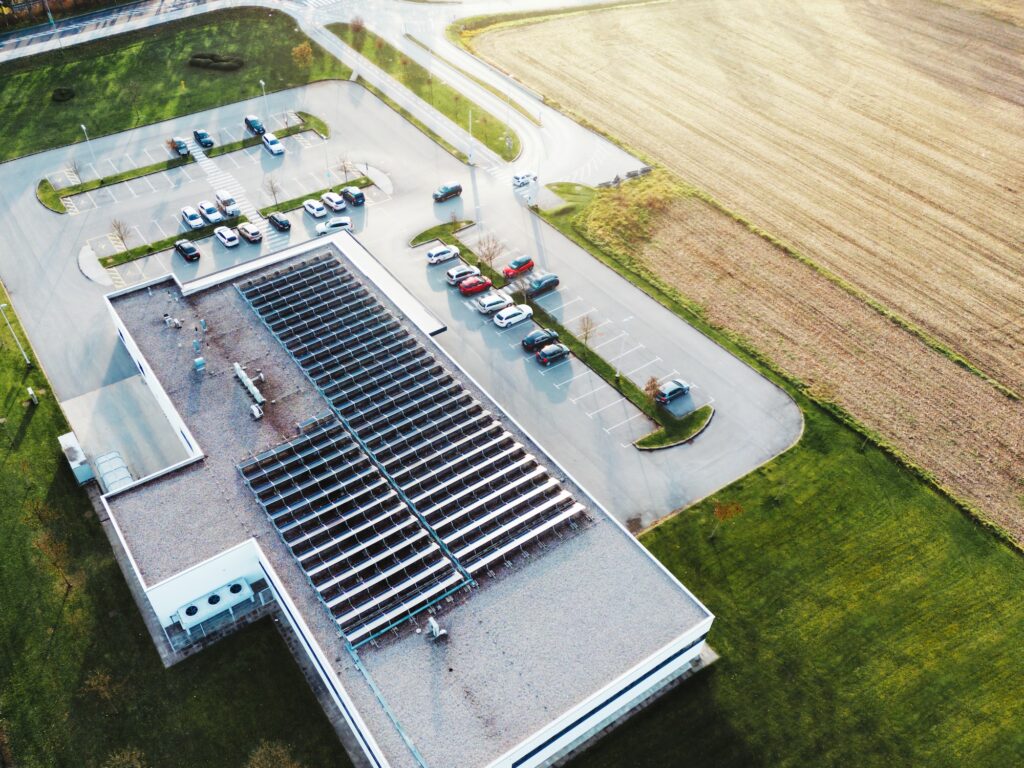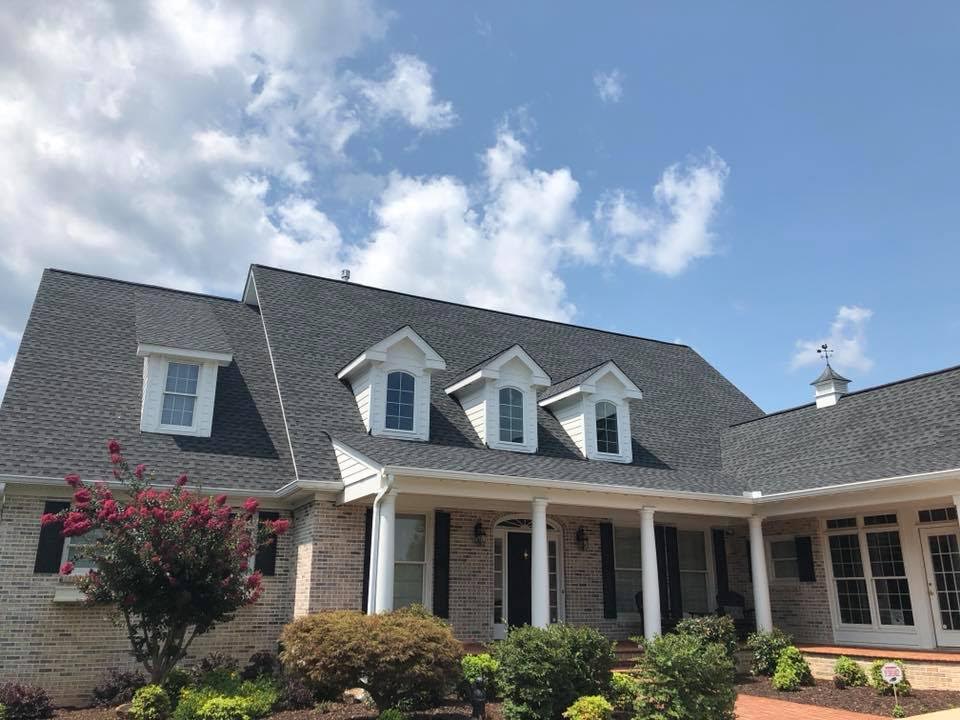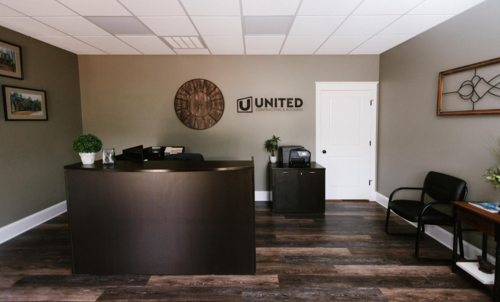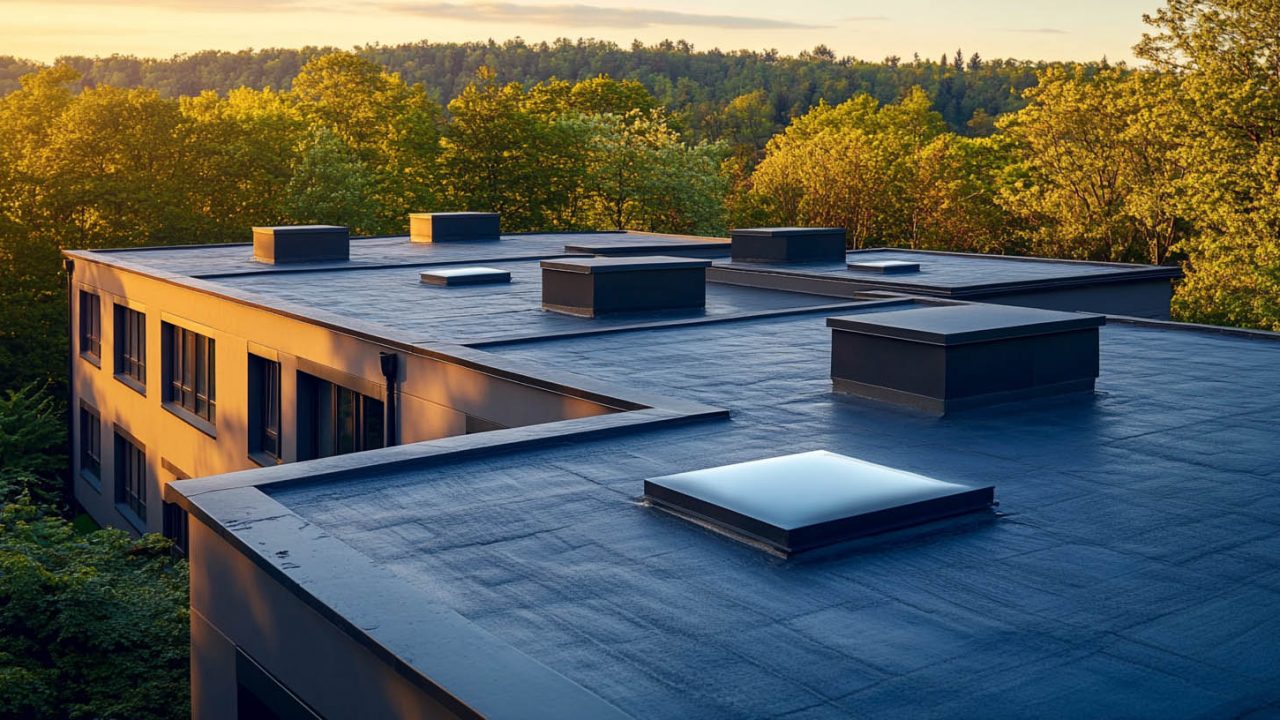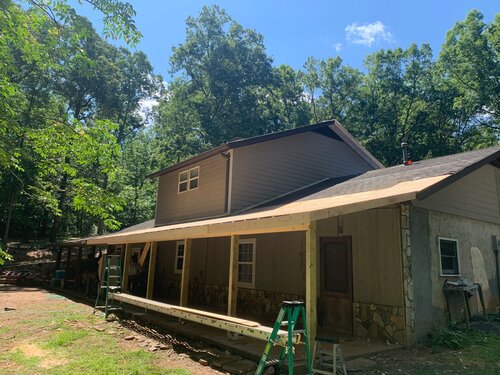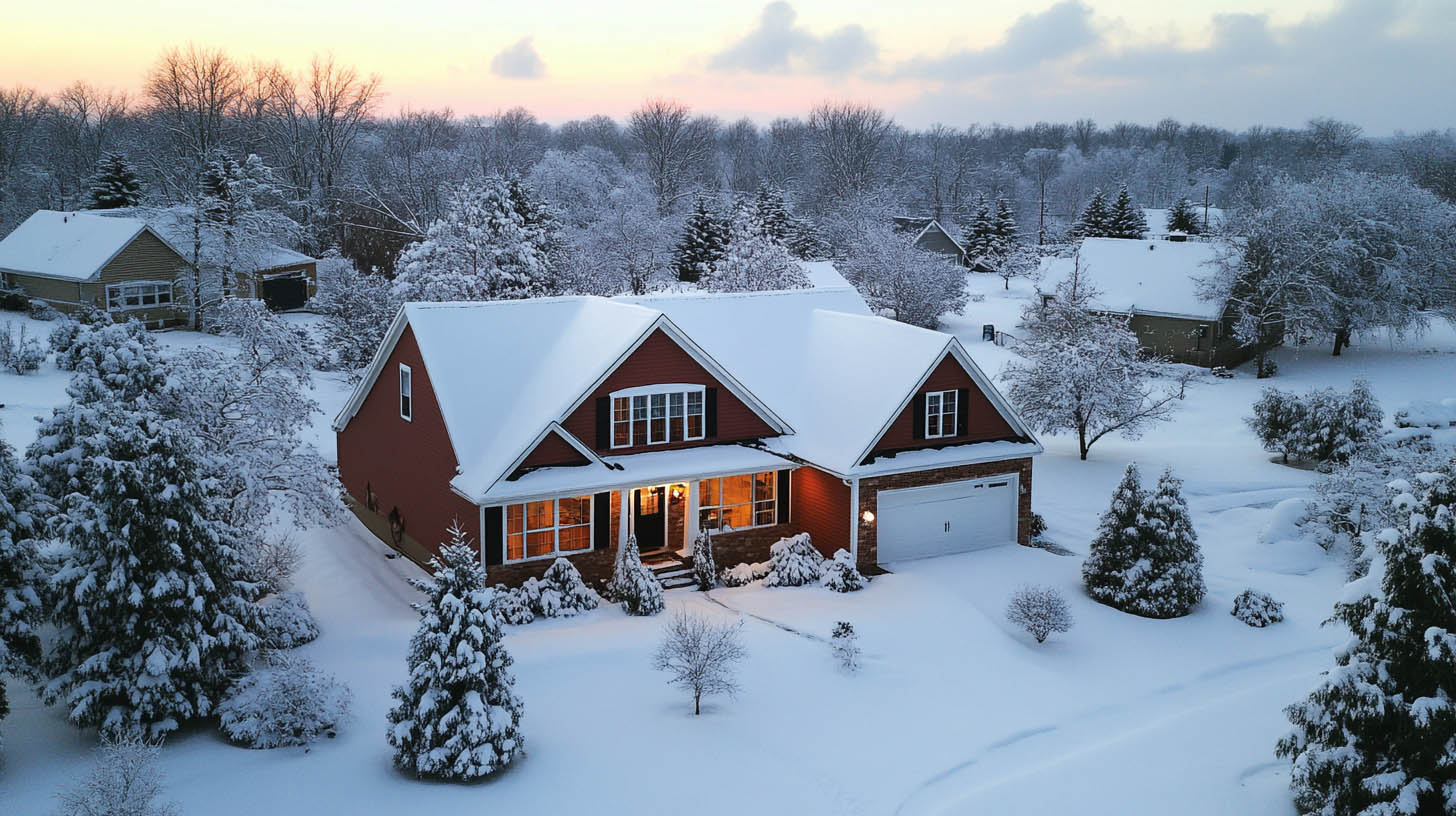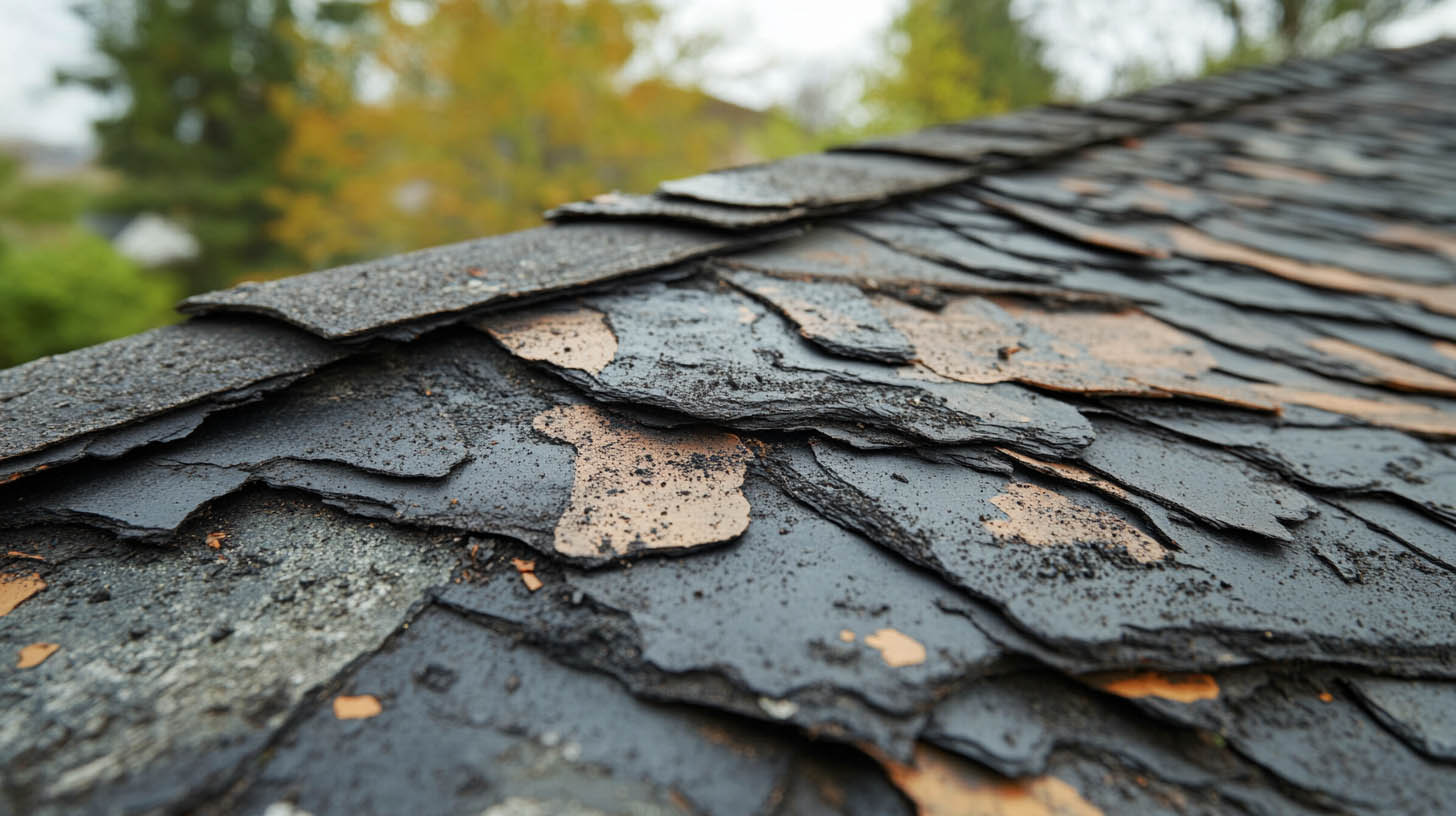Modified bitumen roofs have become a popular choice for commercial buildings, particularly those with flat or low-slope roofs. This roofing material is known for its durability, flexibility, and efficiency. At United Contracting & Roofing LLC, we are dedicated to providing top-notch roofing solutions that prioritize experience, quality, and service.
What Is Modified Bitumen Roofing?
Modified bitumen roofing consists of polymer-modified asphalt, which enhances the material’s strength and flexibility. Developed as an improvement over built-up roofing, modified bitumen offers superior weather resistance and longevity.
Types of Modified Bitumen Roofing
- SBS Modified Bitumen: This type integrates rubber polymers into the asphalt, providing flexibility and water resistance. Installation methods include hot mopping and cold adhesives.
- APP Modified Bitumen: This variant incorporates plastic polymers, enhancing UV resistance and reducing water absorption. It is typically installed using heat welding or torch applications.
Advantages of Modified Bitumen Roofs
Durability
Modified bitumen roofs are highly durable, capable of withstanding storm damage and debris. This makes them particularly suitable for regions like the Southeast, where weather conditions can be severe.
Fire Resistance
Many modified bitumen membranes have Class A fire ratings, the highest possible, enhancing the overall safety of the building.
Energy Efficiency
These roofs provide excellent energy efficiency, with tight seals and solid insulation barriers reducing energy loss. APP-modified bitumen, in particular, offers superior UV resistance.
Waterproofing
Multi-ply installation of modified bitumen roofs ensures long-lasting waterproofing, protecting the building from interior water damage.
Cons of Modified Bitumen Roofs
Potential Heat Absorption
Dark asphalt materials can absorb heat, potentially contributing to interior heat gain if not properly insulated or UV-resistant.
Foot Traffic Resistance
While durable, modified bitumen roofs may not be ideal for areas with high foot traffic due to their maximum lifespan of around 20 years.
Installation Odors
Some installation methods can produce strong odors and off-gassing, which might require temporary relocation of building occupants.
Typical Components in a Modified Bitumen Roof
Insulation and Vapor Barrier
The base layer provides thermal resistance and indoor temperature control, often followed by a vapor barrier.
Overlay
An overlay board may be required for torch-applied APP-modified bitumen to ensure a proper seal and protection.
Modified Bitumen Layers
Multiple layers of modified bitumen are applied to create a durable and weatherproof roofing system.
Conclusion
Modified bitumen roofing offers numerous benefits for commercial buildings with flat or low-slope roofs. Its durability, fire resistance, energy efficiency, and waterproofing capabilities make it an excellent choice for long-term roofing solutions. To learn more about our roofing services, contact United Contracting & Roofing LLC today.For more details on enhancing your roof system with elastomeric coatings, click here.

